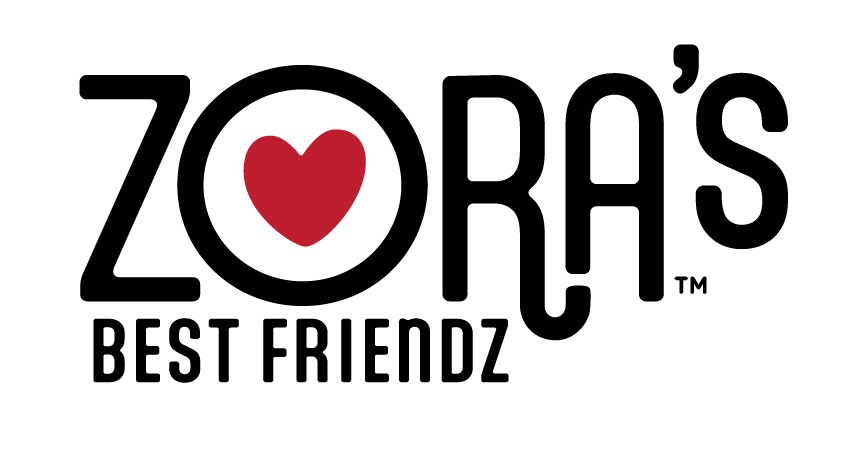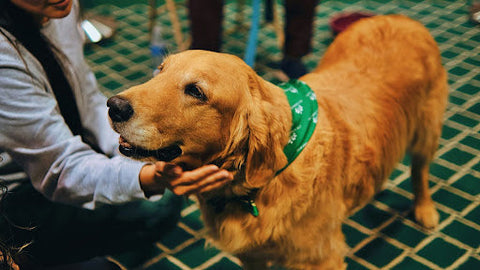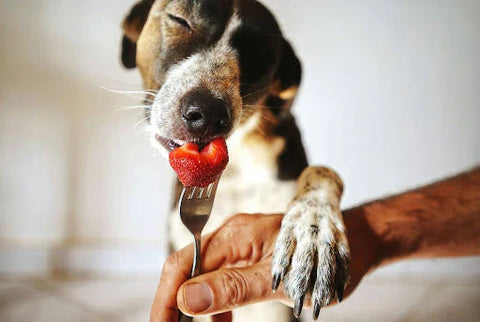The pet food industry plays a significant role in the global food system, but not all pet food is created equally. Many commercial pet treats and kibble undergo extensive chemical processing, impacting not only the health of pets but also the environment. The use of artificial preservatives, excessive heating, and synthetic additives contribute to pollution, resource depletion, and unnecessary waste.
Zora’s Best Friendz is committed to a different approach—offering natural, minimally processed treats that support both pet health and sustainability. Understanding the environmental impact of chemical processing in pet food underscores the importance of making informed choices when selecting treats for dogs.
The Hidden Costs of Chemical Processing
Chemical processing in pet food refers to the various industrial techniques used to alter raw ingredients for mass production, extended shelf life, and cost efficiency. While these methods may make food production more profitable, they come at a steep environmental cost.
Some of the most common chemical processing practices include:
-
High-heat extrusion – A manufacturing process that applies extreme heat and pressure to raw ingredients, breaking down essential nutrients while consuming large amounts of energy.
-
Artificial preservatives and additives – Many commercial pet foods contain synthetic chemicals such as BHA, BHT, and ethoxyquin, which are derived from petroleum and contribute to pollution.
-
Rendered animal by-products – The use of rendered meats, often sourced from waste materials in industrial meat production, increases carbon emissions and relies on intensive chemical treatments.
-
Excessive packaging waste – Many chemically processed pet foods require multi-layered packaging made of plastic and non-recyclable materials, adding to landfill waste and environmental contamination.
How Chemical Processing Affects the Environment
Chemical processing in pet food has several direct and indirect consequences on the environment.
1. Increased Carbon Footprint
The high-energy processes used to produce mass-market pet food contribute significantly to carbon emissions. The machinery required for extrusion, chemical treatments, and dehydration consumes large amounts of electricity and fossil fuels.
-
High-heat processing generates substantial greenhouse gases.
-
Chemical production for synthetic additives contributes to air and water pollution.
-
The transportation of heavily processed pet food adds to fuel consumption and emissions.
2. Water and Soil Contamination
Chemical preservatives and synthetic additives do not break down easily in nature. Waste from pet food manufacturing plants can leak into water sources, affecting ecosystems and harming aquatic life.
-
Artificial ingredients like ethoxyquin have been found to persist in the environment.
-
The by-products of chemical processing can seep into the soil, reducing agricultural sustainability.
3. Deforestation and Resource Depletion
The demand for low-cost, high-yield pet food ingredients has led to increased deforestation, particularly for soy and grain production used as fillers in pet food. Additionally, factory farming methods that supply meat by-products to commercial pet food brands contribute to habitat destruction.
-
The use of unsustainable protein sources depletes natural resources.
-
Large-scale crop farming for pet food fillers contributes to biodiversity loss.
A Sustainable Alternative: Minimally Processed Pet Treats
Choosing natural, minimally processed pet treats can reduce the environmental burden caused by chemically processed pet food. Treats made from whole, human-grade ingredients help minimize waste, energy use, and harmful chemical exposure.
Zora’s Best Friendz takes a more sustainable approach:
-
Single-ingredient treats – No unnecessary fillers, reducing the need for chemical processing.
-
Freeze-drying instead of high-heat processing – Preserves nutrients without excessive energy consumption.
-
Human-grade sourcing – Uses responsibly raised, high-quality ingredients rather than industrial by-products.
-
Minimal packaging – Designed with sustainability in mind to reduce environmental waste.
Making a Difference with Smarter Choices
Pet owners have the power to influence the industry by choosing natural, environmentally responsible pet treats. By selecting products that avoid unnecessary chemical processing, they can help reduce pollution, support ethical sourcing, and ensure a healthier future for pets and the planet.
Zora’s Best Friendz offers a simple yet impactful way to make a difference. Their freeze-dried beef liver treats provide a nutritious, eco-friendly alternative to mass-produced, chemically processed pet snacks.
Support sustainability and pet health—shop Zora’s Best Friendz treats today at www.zorasbest.com or find them on Amazon.



